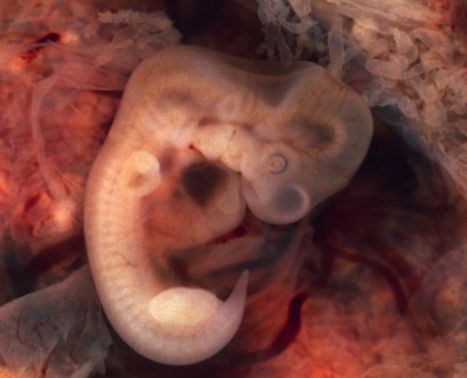
A lot of people tend to think of unborn babies as human beings while others claim that the term doesn’t apply to fetuses till after birth. We explore why unborn babies aren’t thought of as human.
Unborn babies cannot survive outside the womb on their own
One of the major hurdles that pro-life activists face is that fetuses cannot survive on their own outside the womb unless they have stayed in the womb for at least 7-8 months. The youngest premature birth to have survived to date has been recorded at 21 weeks and 5 days. Since the unborn child cannot survive in the outside world on its own, it makes it hard to say that they are human in the same sense that babies post-birth are.
It hasn’t been proven whether unborn babies have consciousness or not
Consciousness, if understood as an ability to respond to sensory stimulus and an ability to make decisions of any kind is a uniquely human attribute. Unborn babies, however, do not always respond to external stimulus and no studies have conclusively proven that unborn babies have consciousness. This makes it extremely hard to think of them as human in the proper sense of the word.
Unborn babies have no actual internationally recognized legal rights
While pro-life activists claim that fetal rights are a real thing, the fact remains that these rights are not internationally recognized. In fact, a fetus cannot sue its mother for not providing it the right nutrition and environment and a fetus cannot be taken away from the mother if she isn’t treating her pregnancy the right way like children can. This is one of the biggest reasons why fetuses aren’t thought of as human in the same sense that babies that get born are.